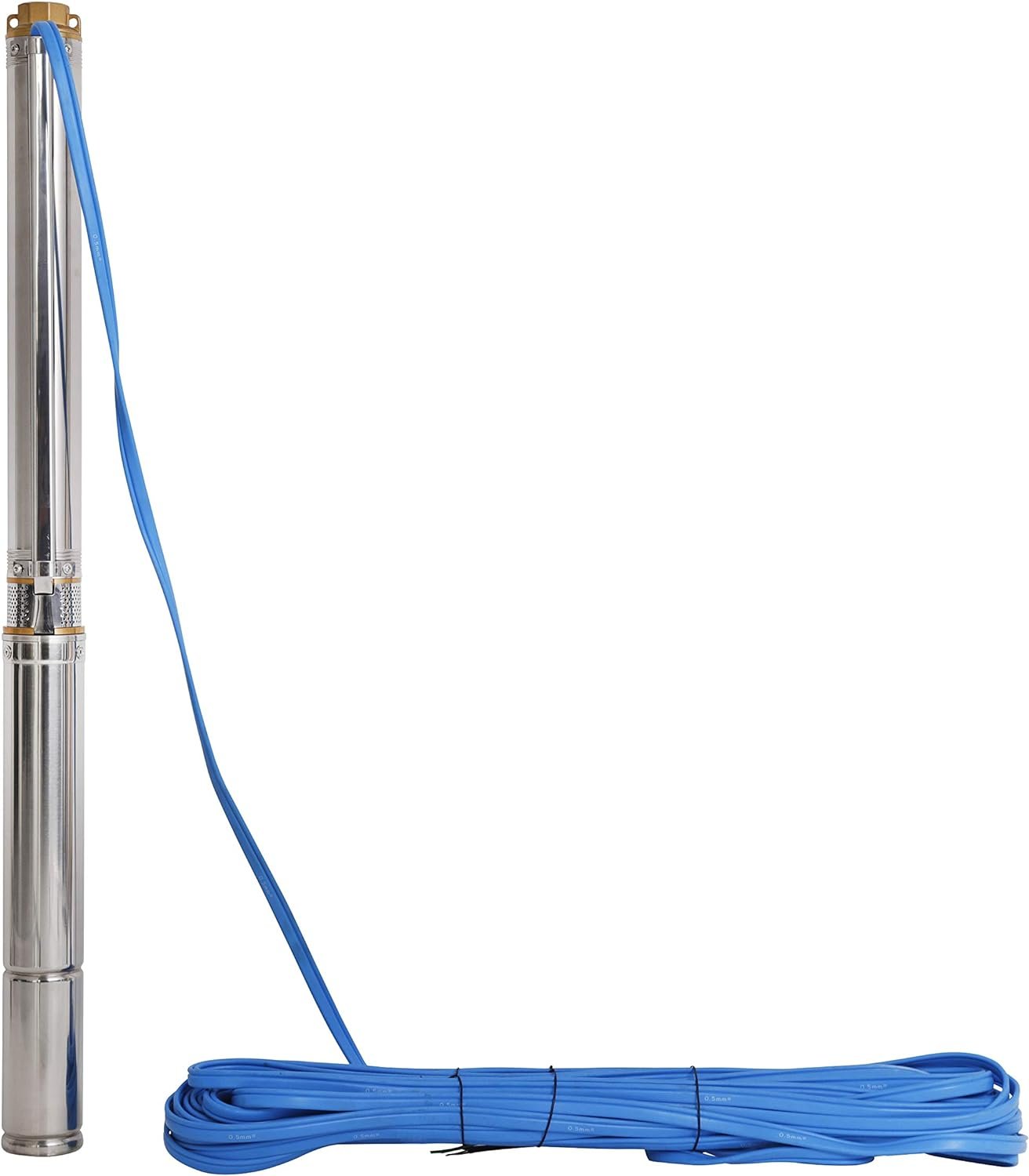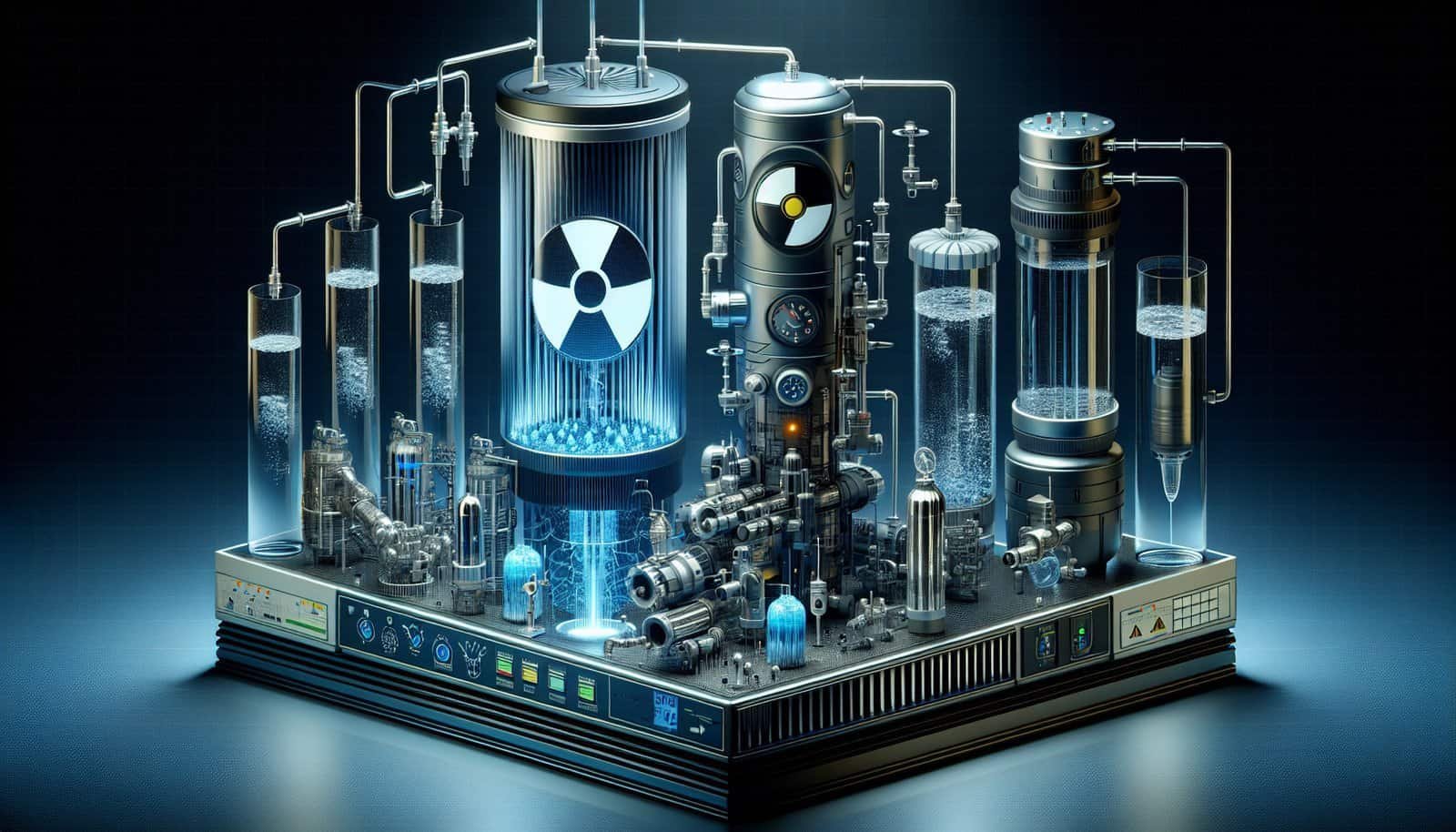Sarah Scafidi has been appointed as the new Managing Director of Waterwell, bringing with her a wealth of experience and expertise. In this role, she will be responsible for overseeing the company’s operations and leading it to new heights. With her background and passion for water well care, Sarah is poised to make a significant impact on the company’s growth and success. Stay tuned to learn more about her and the exciting developments she will bring to Waterwell.

Sarah Scafidi Is Waterwell’s New Managing Director
Waterwell is thrilled to announce the appointment of Sarah Scafidi as our new Managing Director. With her extensive background in the industry and passion for water well care, we are excited to see the impact she will bring to our company. In this article, we will explore Sarah’s background, her responsibilities as Managing Director, and the positive changes she will bring to Waterwell.
Background of Sarah Scafidi
Sarah Scafidi brings a wealth of knowledge and experience to her role as Managing Director of Waterwell. With a background in environmental science and a specialization in water quality, Sarah has dedicated her career to promoting the importance of clean and safe well water. She has worked with various organizations and government agencies, conducting research and implementing strategies to improve water well care. Sarah’s expertise and dedication make her the perfect fit for leading our team at Waterwell.

Responsibilities of Sarah Scafidi
As the Managing Director of Waterwell, Sarah Scafidi will oversee all aspects of our operations. Her responsibilities include developing and implementing strategies to improve water well quality, ensuring compliance with safety regulations, managing resources, and leading our team of professionals. Sarah will also be responsible for fostering partnerships and collaborations within the industry to further enhance our services and promote the importance of well water care.
Impact of Sarah Scafidi on the Company
Sarah Scafidi’s appointment as Managing Director will have a profound impact on Waterwell. Her expertise and passion for water well care will drive our company forward, enabling us to provide even better services to our customers. With Sarah’s guidance, we will be able to implement innovative strategies to address emerging issues in well water quality and enhance our treatment methods. Through collaborations and partnerships, Sarah will also help us expand our reach and educate more individuals on the importance of ensuring the safety and quality of their water supply.

Well Water Quality
The quality of well water is a top priority for Waterwell, and we are committed to helping well owners maintain safe and clean water sources. Well water quality can be influenced by various factors, including the presence of contaminants such as cesium-137. It is essential to understand effective treatment methods to remove cesium-137 and ensure the safety of your well water.
Treatment Methods for Well Water with High Levels of Cesium-137
Cesium-137 is a radioactive isotope that can contaminate well water and pose a threat to human health. Fortunately, there are effective treatment methods available to remove cesium-137 from well water. These treatment methods typically involve the use of specialized filtration systems or ion exchange resins that can selectively remove the contaminant. It is important to consult with a water treatment professional to determine the best treatment method for your specific situation.

Options for Treatment Methods
When it comes to treating well water with high levels of cesium-137, there are several options available. One common method is the use of activated carbon filters, which can effectively remove cesium-137 through adsorption. Another option is the use of reverse osmosis systems, which employ a semipermeable membrane to separate contaminants from the water. Additionally, ion exchange systems can be utilized to selectively remove cesium-137 ions from the water. Each treatment method has its advantages and considerations, and it is important to evaluate your specific circumstances before deciding on the best option for your well water.
Factors Affecting Treatment Efficiency
While there are effective treatment methods available, it is important to consider various factors that can affect treatment efficiency. The pH level of the water, the concentration of other contaminants, and the flow rate must be taken into account when selecting and implementing a treatment method. Additionally, regular maintenance and monitoring are crucial to ensure the continued effectiveness of the treatment system. By understanding these factors and working closely with a water treatment professional, you can optimize the efficiency of your treatment method and maintain the quality of your well water.

Importance of Ensuring Safety of Water Supply
Ensuring the safety of your water supply is of utmost importance. Contaminated well water can pose serious health risks, as it can contain harmful bacteria, viruses, and chemicals. By implementing appropriate treatment methods and regularly monitoring the quality of your well water, you can safeguard the health and well-being of yourself and your family. It is also important to stay informed about potential risks and changes in water quality to take necessary precautions and seek professional assistance when needed.
Protecting Health and Well-being
At Waterwell, we understand the significance of clean and safe well water in maintaining the health and well-being of individuals and communities. With the appointment of Sarah Scafidi as our new Managing Director, we are confident in our ability to further enhance our services and provide reliable solutions to well owners. By staying proactive, implementing effective treatment methods, and prioritizing the safety of our water supply, we can protect the health and well-being of ourselves and future generations.
